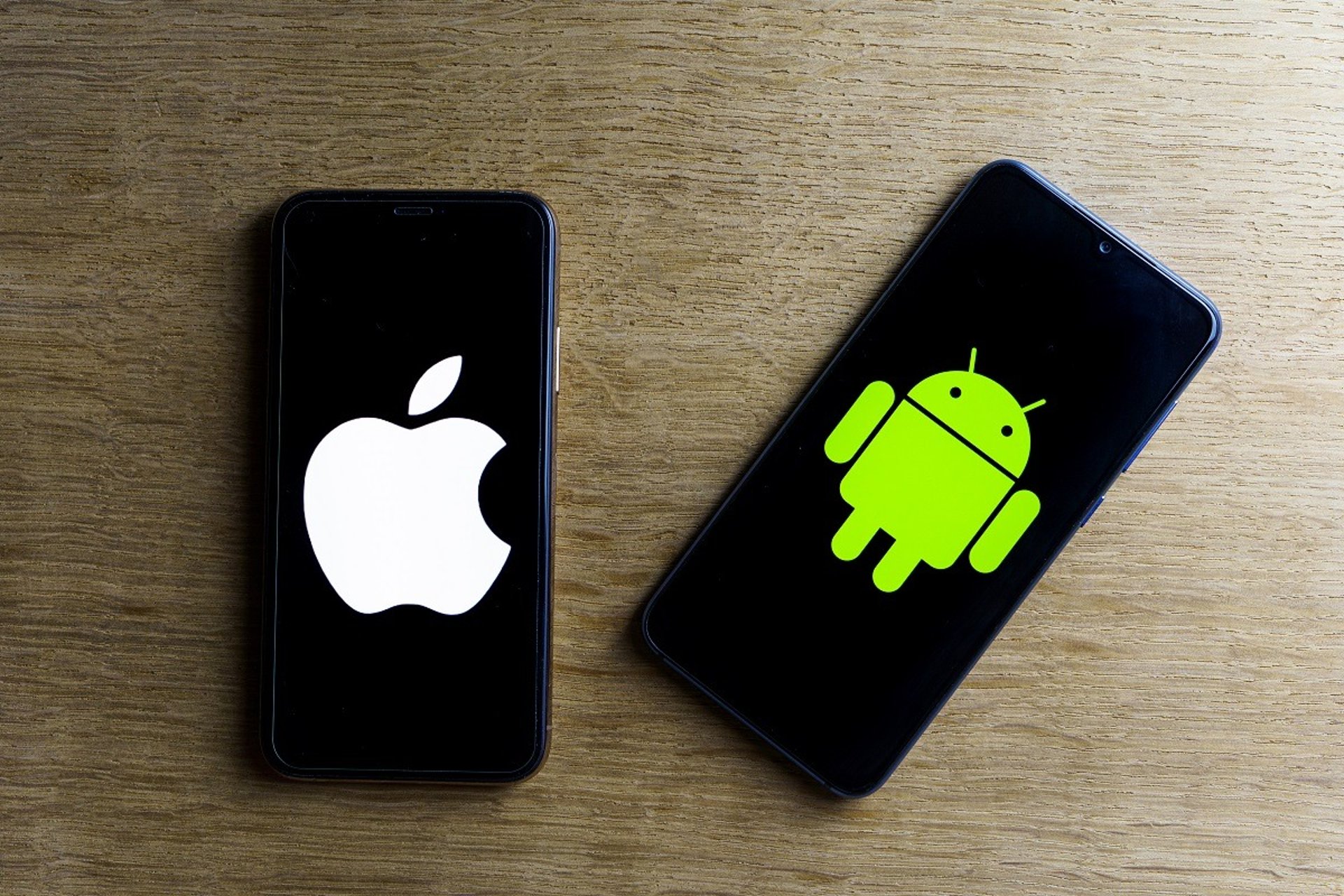
iPhone vs. Android: Exploring the Advantages and Disadvantages of Each
TECH
iPhone vs Android: Exploring the Advantages and Disadvantages of Each
Introduction:
When it comes to smartphones, the choice between iPhone and Android devices is a common dilemma for many consumers. Let's delve deeper into the advantages and disadvantages of each platform, accompanied by examples that highlight their unique features and functionalities.
1. User Interface and Design:
- iPhone: Apple's iOS offers a visually appealing and user-friendly interface. It features a grid of icons on the home screen, making it easy to navigate and access apps. The design is consistent across all iOS devices, providing a cohesive and polished experience. For example, the iPhone's Control Center provides quick access to commonly used settings, such as Wi-Fi, Bluetooth, and screen brightness.
- Android: Android provides a more customizable user interface, allowing users to personalize their devices to a greater extent. Users can choose from various home screen layouts, widgets, and themes. For instance, Android offers the ability to place interactive widgets on the home screen, providing at-a-glance information like weather updates, calendar events, or news headlines.
2. App Ecosystem:
- iPhone: The Apple App Store is renowned for its extensive selection of high-quality apps. Many developers prioritize iOS when releasing new apps, making them available on iPhones first. For example, popular apps like Instagram, Snapchat, and TikTok often receive updates and new features on iOS before Android.
- Android: Google Play Store offers a vast array of apps, catering to different interests and preferences. Android's open nature allows users to install apps from third-party sources outside the official store, providing more flexibility. Additionally, Android devices support sideloading apps, enabling users to directly install applications without going through an app store approval process.
3. Hardware and Performance:
- iPhone: iPhones are known for their premium build quality, powerful processors, and optimized performance. Apple designs its hardware and software to work seamlessly together, resulting in a smooth user experience. For example, the iPhone's A-series chips consistently deliver impressive performance, allowing for smooth multitasking, fast app launches, and efficient power management.
- Android: Android devices come in a wide range of brands and models, offering different specifications and performance levels. Flagship Android phones from manufacturers like Samsung, Google, and OnePlus rival iPhones in terms of processing power, camera capabilities, and display quality. For instance, devices like the Samsung Galaxy S21, Google Pixel 6, or OnePlus 9 Pro offer top-tier performance and advanced features.
4. Updates and Support:
- iPhone: Apple provides timely software updates for a significant duration, ensuring users have access to the latest features, security patches, and bug fixes. iPhones typically receive updates for several years after their release, which contributes to their longevity. For example, iOS 15 was made available to various iPhone models, including iPhone 6s and newer devices.
- Android: Android updates vary depending on the device manufacturer and carrier. Some Android devices receive regular and timely updates, while others may face delays or limited support. Google's own Pixel phones are known for receiving prompt updates, while other brands may take longer. For instance, flagship devices from Samsung, such as the Galaxy S series, often receive major Android updates but may vary in terms of timing.
5. Pricing and Affordability:
- iPhone: iPhones are generally considered premium devices with higher price points. They offer a blend of top-notch hardware, exceptional build quality, and a seamless ecosystem. However, Apple also provides more affordable options like the iPhone SE, offering a balance between performance and price.
- Android: Android devices cater to a wide range of budgets, from budget-friendly options to high-end flagship models. Brands like Xiaomi, Realme, and Motorola offer affordable Android smartphones with competitive.
6. Security:
- iPhone: Apple places a strong emphasis on security, implementing robust measures to protect user data and privacy. The closed ecosystem of iOS, stringent app review process, and features like Face ID or Touch ID contribute to a secure experience.
- Android: While Android has made significant strides in improving security, its open nature makes it more susceptible to malware and security vulnerabilities. However, Google continuously works to enhance Android security through features like Google Play Protect and regular security updates.
7. Integration with Ecosystem:
- iPhone: Apple's ecosystem offers seamless integration across devices, such as Macs, iPads, and Apple Watches. Features like Handoff, iCloud, and AirDrop allow for effortless synchronization and continuity of tasks between devices.
- Android: Android devices integrate well with Google's ecosystem, including services like Google Drive, Gmail, and Google Photos. Users can easily access their data and content across multiple devices with Google's suite of apps and services.
8. Customizability:
- iPhone: While iOS offers limited customization compared to Android, it still provides some personalization options. Users can customize their home screen with widgets, rearrange app icons, and choose from a variety of wallpapers and themes.
- Android: Android excels in customizability, allowing users to personalize nearly every aspect of their device. Users can install custom launchers, choose from various icon packs, and modify system settings to suit their preferences.
9. Voice Assistants:
- iPhone: Siri, Apple's voice assistant, offers a range of features like voice commands, device control, and integration with Apple services. Siri is deeply integrated into iOS devices, allowing users to perform tasks hands-free.
- Android: Android devices feature Google Assistant, which provides similar functionalities as Siri. Google Assistant leverages Google's vast knowledge base and services, offering voice control, smart home integration, and personalized recommendations.
10. Device Compatibility and Fragmentation:
- iPhone: Apple's tight control over both hardware and software results in better device compatibility. iOS updates are designed to work seamlessly across a wide range of iPhone models, ensuring a consistent experience.
- Android: The Android ecosystem comprises numerous device manufacturers, resulting in a wider range of choices but also increased fragmentation. Updates and compatibility can vary across different Android devices and brands, depending on the manufacturer's implementation.
Remember, choosing between iPhone and Android ultimately depends on your personal preferences, priorities, and budget. Consider the factors discussed above and weigh them against your specific needs to make an informed decision that suits you best. Both platforms offer unique advantages and disadvantages, and it's important to find the one that aligns with your lifestyle and requirements.
